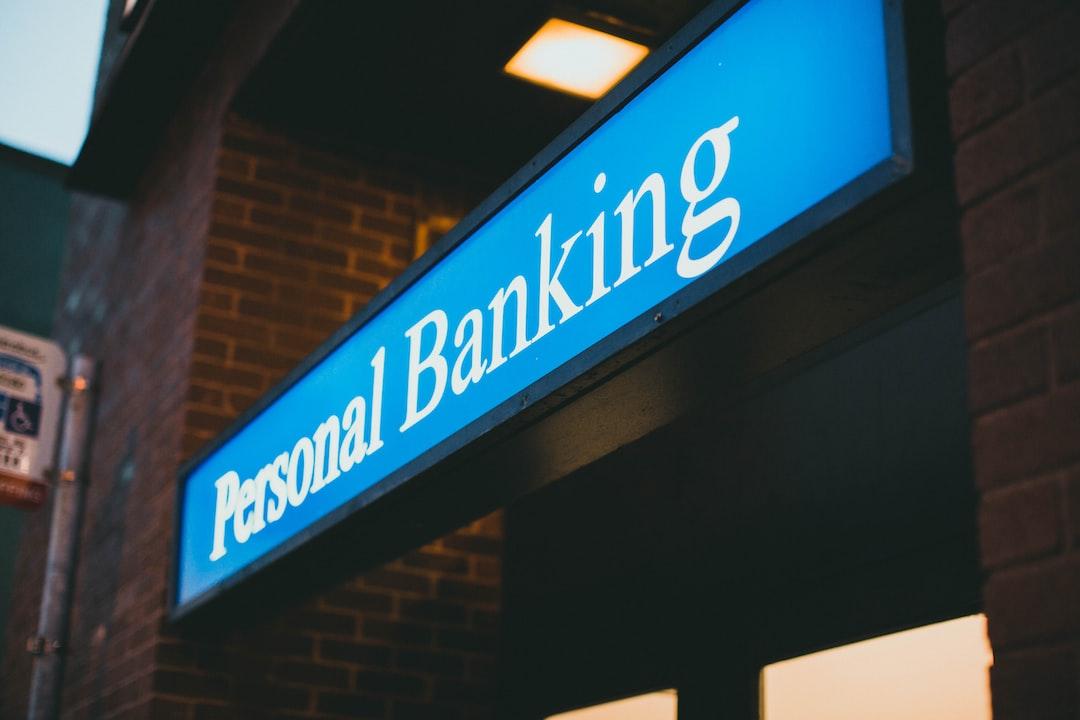Bitcoin (
BTC
) is a revolutionary digital currency that operates outside the control of any central authority. It allows users to engage in international transactions without any restrictions. However, the regulations surrounding Bitcoin vary from country to country, which means that individuals in different countries may have to follow different processes to acquire Bitcoin.
Fortunately, in Malaysia, buying Bitcoin is legal. The Malaysian government allows regulated exchanges and Bitcoin ATMs to operate within the country. This article serves as a step-by-step guide for Malaysians who are interested in buying Bitcoin using Malaysian ringgits.
Before diving into the process, it is important to understand the legal status of Bitcoin in Malaysia. While it is legal to buy Bitcoin, it is not considered legal tender in the country. This means that businesses in Malaysia are not obligated to accept Bitcoin as a form of payment unless they explicitly choose to do so. It is crucial to use a regulated exchange that follows the cryptocurrency laws in Malaysia, including Anti-Money Laundering (AML) and Know Your Customer (KYC) policies, to ensure the safety of your transactions.
To safely buy Bitcoin in Malaysia, the first step is to acquire a crypto wallet. Crypto wallets come in various forms, such as exchange, mobile, or hardware wallets. Exchange wallets, provided by crypto exchanges, are popular among everyday traders as they are connected to the internet and offer easy access to assets. However, they are not immune to hacking and theft. Mobile wallets, on the other hand, are safer as they are managed on a single device and not on a third-party platform. However, losing the mobile device can result in the loss of access to the wallet. Hardware wallets, although less convenient, offer the highest level of security as they are offline and not susceptible to online threats.
Once you have a crypto wallet, there are several methods to buy and store Bitcoin in Malaysia. One option is to use a Malaysian fiat-to-crypto exchange. These exchanges allow you to create an account and buy Bitcoin using credit/debit cards. Some popular exchanges in Malaysia include Binance, which is one of the largest cryptocurrency exchanges globally, and Luno, Malaysia’s first fully licensed crypto trading platform.
Bitcoin ATMs are another convenient option for purchasing Bitcoin in Malaysia. These ATMs can usually be found in local supermarkets or gas stations. Users can deposit cash into the machine and receive a QR code that can be scanned to transfer the funds to their Bitcoin wallet. However, it is important to note that Bitcoin ATMs often charge higher fees compared to other methods of purchase.
Peer-to-peer trading is also an alternative method to buy Bitcoin in Malaysia. This involves directly buying or selling Bitcoin with another individual without the need for intermediaries. Platforms like Paxful and Reminato facilitate peer-to-peer trading in Malaysia. Traders can fund their wallets through various methods, such as bank transfers, credit/debit cards, or gift cards. They can then create an offer or browse existing offers to find a suitable transaction. The process involves setting the purchase method, choosing between market price or fixed price, and configuring advanced options according to personal preferences.
The future of cryptocurrencies in Malaysia remains uncertain. While there is growing acceptance and regulation of cryptocurrency exchanges, the Malaysian government has not declared cryptocurrencies as legal tender. They remain cautious about the volatility and potential misuse of cryptocurrencies. The future of cryptocurrency in Malaysia will be shaped by its impact on traditional finance and its ability to foster innovation in a regulated environment.
In conclusion, buying Bitcoin in Malaysia is legal and can be done through various methods such as using regulated exchanges, Bitcoin ATMs, or engaging in peer-to-peer trading. It is essential to use a secure crypto wallet and follow the necessary regulations to ensure a safe and legal transaction. The future of cryptocurrencies in Malaysia will depend on how the regulatory environment evolves and how they are integrated into the traditional financial system.

